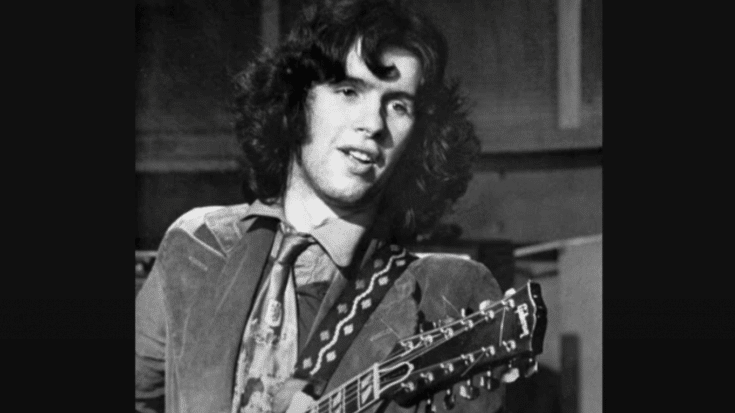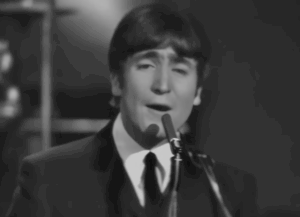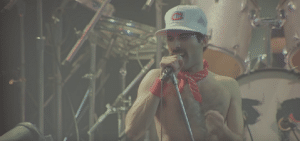10 70s Guitarists You Might Not Remember

via Colin Gatley / YouTube
The 1970s were a golden era for rock and roll, birthing some of the most legendary guitar riffs and solos that continue to influence musicians today. While some guitarists from this period achieved household name status, many equally talented players remained under the radar despite their significant contributions to music. Here’s a look at 10 guitarists from the 70s who might not ring a bell but deserve recognition for their skills and creativity.
Ollie Halsall
View this post on Instagram
Ollie Halsall had a knack for blending jazz, blues, and pop melodies into something truly unique. His work, primarily with the band Patto, showcased his ability to create intricate and emotionally resonant guitar solos that still feel refreshing today. Halsall’s playful technique and innovative use of the vibrato bar set him apart from his contemporaries. Despite Patto’s lack of commercial success, Halsall’s influence among musicians is undeniable, with his fearless experimentation paving the way for future generations to explore beyond traditional sounds.
Stuart Adamson
View this post on Instagram
Before achieving fame with Big Country in the 80s, Stuart Adamson cut his teeth as the guitarist for The Skids. His exceptional ability to merge punk’s raw energy with more intricate melodies laid the groundwork for his distinctive sound. Adamson’s guitar playing on tracks like “Into the Valley” showcases his skill at creating riffs that are both catchy and complex. Even though Big Country would later bring him broader recognition, his work in the 70s established Adamson as a musician with a rare ability to craft songs that could fill arenas without sacrificing depth or emotion.
Geoff Whitehorn
Geoff Whitehorn made his mark in the music world as a versatile guitarist capable of crossing genres with ease. His tenure with bands like Crawler and Procol Harum allowed him to showcase a style that was technical yet soulful. Whitehorn’s solo work, especially, highlights his prowess as both a guitarist and a composer, blending rock, blues, and even elements of funk into cohesive pieces that resonate with listeners. Despite his technical skills, he always prioritized the song over showmanship, ensuring his guitar work enhanced the music rather than overshadowing it.
Mick Grabham
View this post on Instagram
Perhaps best known for his role in Procol Harum, Mick Grabham’s career spans several bands and a multitude of styles. His playing, characterized by its clarity and precision, helped define the sound of Procol Harum during the 70s. Grabham’s ability to weave seamlessly between rock, blues, and classical influences made him a standout guitarist of his time. His contributions, though often understated, were crucial to the band’s success, proving that sometimes, the most profound impact comes from the most subtle touches.
Charlie Whitney
As the guitarist for Family and later Streetwalkers, Charlie Whitney helped craft some of the 70s’ most distinctive rock music. His work combined elements of folk, rock, and blues into a sound that was entirely his own. Whitney was not afraid to take risks, incorporating unconventional structures and time signatures into his compositions. This innovative approach kept his music fresh and exciting and demonstrated his willingness to push boundaries while still keeping his guitar work front and center.
Robbie Blunt
View this post on Instagram
Robbie Blunt is perhaps best known for his collaboration with Robert Plant during the 80s, but his roots in the 70s music scene laid the foundation for his later success. His playing blended rock with elements of blues and folk, creating rich, textured soundscapes that complemented Plant’s vocals perfectly. Blunt’s ability to both support and shine within the music has made him a respected figure among guitar enthusiasts, showcasing the depth and versatility of his talent.
Brinsley Schwarz
View this post on Instagram
The guitarist for the band of the same name, Brinsley Schwarz, played a pivotal role in the early days of pub rock, a movement that would eventually give rise to punk. His playing was straightforward yet impactful, with a focus on melody and rhythm that helped define the genre’s sound. Schwarz’s influence extends beyond his guitar work, as he and his bandmates created a platform for future generations of musicians to express themselves more authentically and directly.
Gordon Giltrap
Gordon Giltrap’s work in the 70s combines folk, classical, and rock influences into a unique instrumental style. His album “Visionary” is regarded as a classic, showcasing his exceptional fingerstyle play and compositional skills. Giltrap has the rare ability to tell stories with his music, drawing listeners into a vivid sonic landscape. His contributions have inspired countless guitarists to explore the instrument’s melodic and expressive potential.
Wilko Johnson
View this post on Instagram
Best known for his time with Dr. Feelgood, Wilko Johnson was a force of nature on the guitar. His choppy, percussive style and commanding stage presence helped set Dr. Feelgood apart from their contemporaries and were key to the band’s energetic performances. Johnson’s approach to the guitar, focusing on rhythm and attack rather than solos, has influenced a wide range of musicians and remains a defining element of the pub rock and early punk sounds.
Midge Ure
View this post on Instagram
While Midge Ure achieved massive success in the 80s with Ultravox and as a solo artist, his work in the 70s laid the groundwork for his later achievements. His tenure with bands like Slik and Rich Kids showed a guitarist with a knack for crafting memorable hooks and melodies. Ure’s versatility allowed him to move easily between glam rock, punk, and new wave, demonstrating a profound understanding of the guitar’s role across different musical landscapes.













